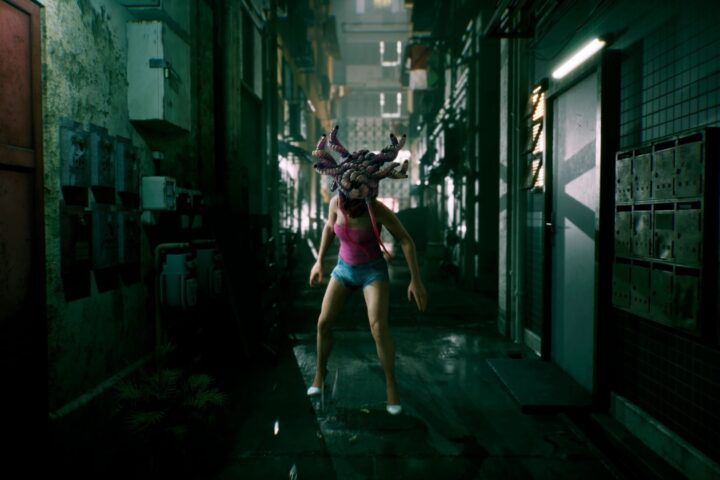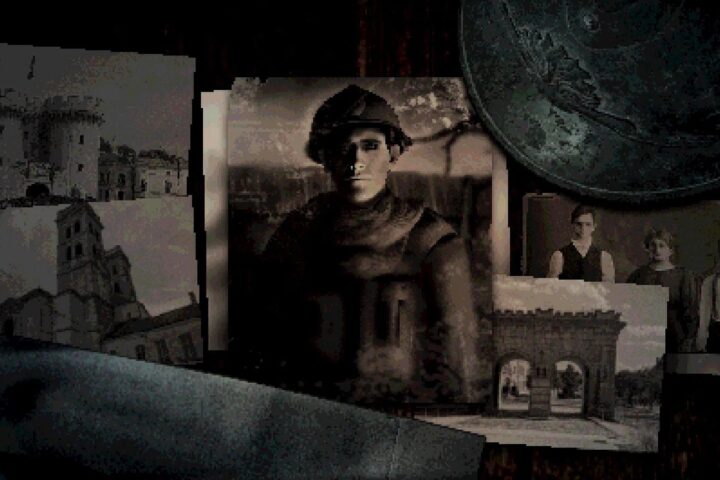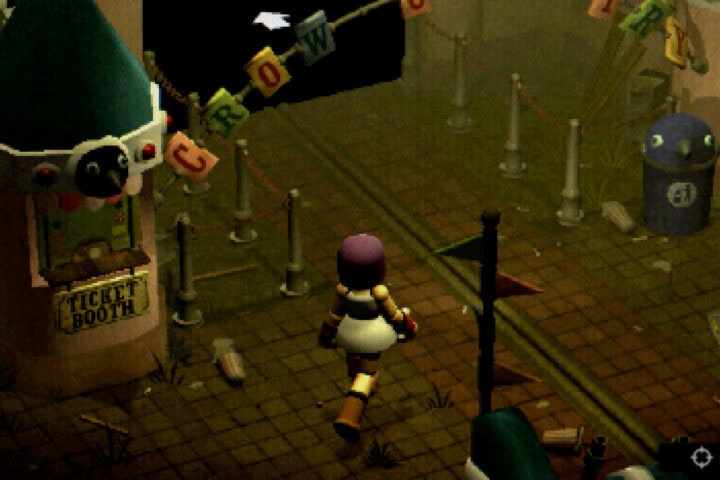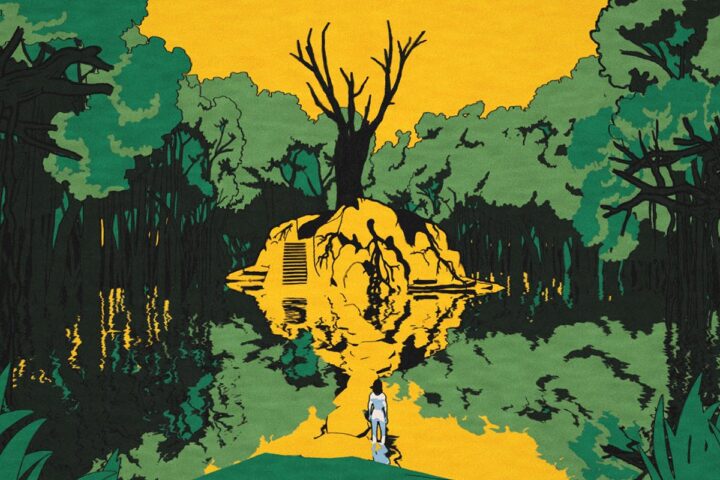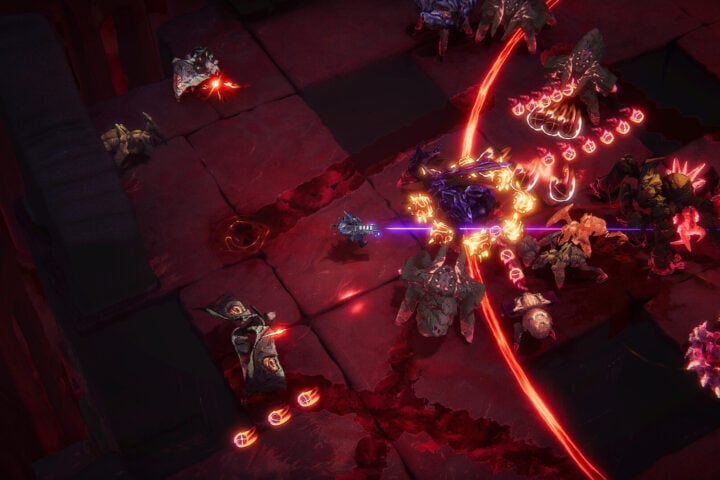Even at a time when horror games are smarter, more dangerous, and more surreal, Silent Hill 2 still feels like a tower casting an ominous shadow over an entire genre. It’s a shadow that’s only grown deeper with every passing year that Konami has both failed to continue the series and did despicable things to its venerated legacy. Culture at large spent 20 years mining the game’s more iconic elements for parts, from Pyramid Head to those bloodthirsty nurses, and there’s no greater reason for Bloober Team’s remake to exist than to amplify the things that made Silent Hill 2 a masterpiece that aren’t so easily separated from its source.
Then and now, the core premise of the game is almost laughably simple: One day, James Sunderland receives a letter from his wife, Mary, who he lost to a wasting disease three years earlier, telling him to come to their “special place” in the titular ghost town. But it doesn’t take long for Silent Hill 2 to reveal its true intentions as a story of uniquely horrifying human darkness—of a cursed town generating bespoke terrors to singularly exploit a widower and his caregiver’s guilt. And Silent Hill is doing the same to two other desperate souls who’ve come to the town under similar pretenses, amplifying a young woman’s post-traumatic response to lifelong abuse, as well as a societal outcast’s first taste of homicidal power.
Team Silent’s original Silent Hill 2 stood apart upon its release for addressing psychosexual trauma, deep-seated hatred, self-loathing, and sickness in ways that gaming as a medium continues to struggle with. And, now, there’s no greater irony than Bloober Team, one of the survival horror genre’s greatest perpetrators of poorly handled theming, shepherding the game into the current generation, and doing so with subtlety and care.
At least, that is, from a story perspective. As gameplay, there’s something to be said for the fact that so much of Silent Hill 2’s legend is tied to its status as a janky game that still managed to be a masterpiece. Bloober Team’s remake is astonishing on the technical level, even while using Unreal Engine 5 to render viscerally nauseating flesh and effluvia at the highest degrees of fidelity, but there’s a sense of polish and fluidity that means that Silent Hill 2 loses something in translation from its more appropriately stiff, surreal origins on the PS2.
That’s also a consequence of the Resident Evil 4-style over-the-shoulder camera and revamped approaches to exploration and combat, which are in line with modern gaming standards. The remake does an admirable job of not making James too capable, ensuring every action he takes still feels like a perilous effort. Every location from the original is present and accounted for, but previously un-explorable ones are now accessible, with new chilling secrets to find within them.
The remake also feels far more structured around enemies actively being in your way and attempting to challenge you, in stark contrast to the passive, ever-present ghastly torment they represented in the original. Bosses, in particular, are expanded experiences—either in terms of larger arenas or added phases—that don’t exactly make it seem as if you’re confronting the unfathomable abyss, in no small part due to you just waiting for a weak point to flash red or a life bar to pop up. The original game, at its most abstract, feels like Eraserhead and Skinamarink, while this remake is more akin to The Exorcist and Hellraiser.
Some of the original’s identity, then, has been lost in bringing it up to code. But the trade-off for Silent Hill 2 feeling less hallucinatory and dreamlike and more concrete is that when, for example, Angela tells James about her abusive parents at one point, the former’s mocapped performance is far more believable. The graphical horsepower of the remake also means that most of the town’s enemies are so much easier to parse as broken female bodies twisted into spiteful, unholy threats that James is far too eager to stomp out when confronted.
Silent Hill 2 has been reborn by a series of smart, subtle, and elegant choices, including an expanded take on the original’s haunting soundtrack by Yamaoka Akira himself. Bloober Team hasn’t made a game to replace the original so much as it’s made one that honors it, giving a uniquely and distressing tale a way to retain its power in a modern gaming landscape.
The game was reviewed using a retail copy purchased by the reviewer.
Since 2001, we've brought you uncompromising, candid takes on the world of film, music, television, video games, theater, and more. Independently owned and operated publications like Slant have been hit hard in recent years, but we’re committed to keeping our content free and accessible—meaning no paywalls or fees.
If you like what we do, please consider subscribing to our Patreon or making a donation.


